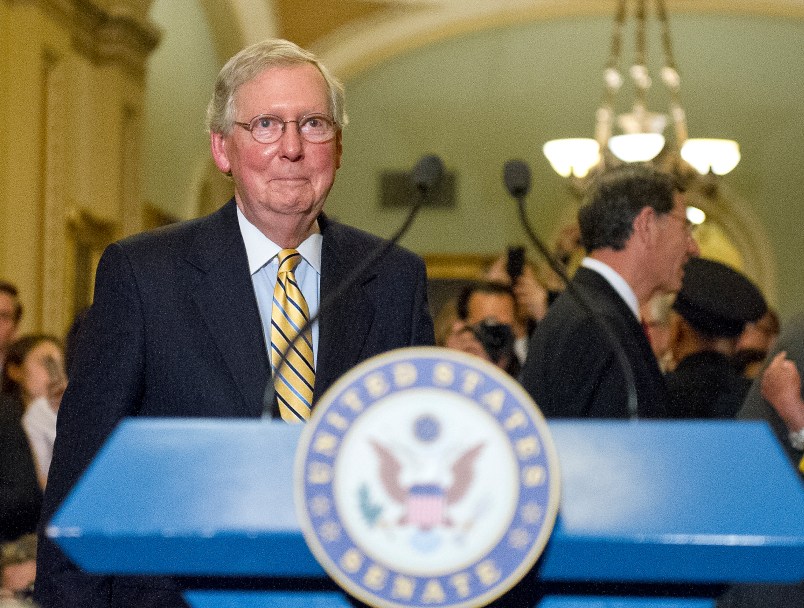Am I the only registered Democrat to have mixed feelings over the defeat of Republican efforts to repeal and replace the Affordable Care Act? What happens now, I suspect, is that the Republicans and Trump administration will attempt to undermine the ACA through inattention from Health and Human Services (headed by an avaricious physician), lack of enforcement of the mandate from the Internal Revenue Service, and worst of all, an end to subsidies that allowed the insurance companies to offer lower-cost premiums on the exchanges. Republicans will blame Democrats and vice-versa. That’s better than denying coverage outright to millions, but it’s worse that what is going on now.
My former colleague Jonathan Cohn, writing at Huffpost, thinks there is a chance that the Senate will work out bipartisan fixes to the program. That’s a possibility. But I fear the result would be the same as when the Senate passed comprehensive immigration reform, only to see it expire in the more conservative Republican House. The only way that I can imagine our national health insurance program getting improved, or even fixed is if the Democrats win veto-proof majorities in 2018 or the White House and Congress (with 60 votes in the Senate) in 2020.
The national situation with healthcare reform is very similar to the tax-budget mess in California, which only began to get resolved after the Democrats won the governorship and super-majorities in the legislature. And that took two decades of political battles. So I suspect that the fight to have a national health care program that works as well as those in Canada or Western Europe is going to take awhile, and maybe a long while.






